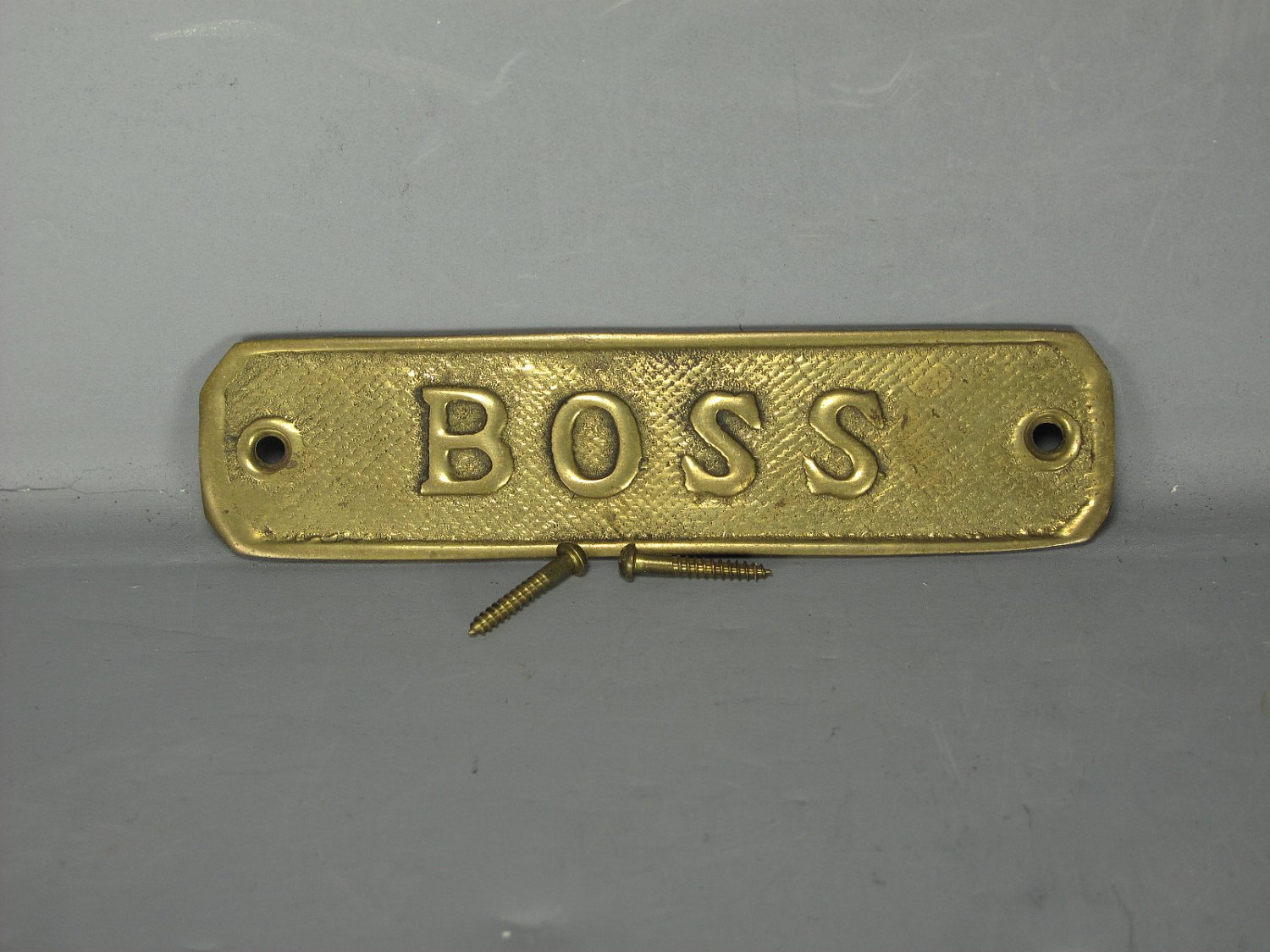
According to a study done by LinkedIn.com, three-quarters of employees dislike or hate their jobs because of … the boss. But let’s take a closer look: If you dislike your boss because he or she has undesirable characteristics, that’s fine. But if you dislike your boss simply because he or she is your boss, then it’s time to step back and reconsider.
The point is simple: The reason you have a boss is because you’re unable or unwilling to be self-employed at this time. If you were self-employed, you’d answer directly to your customers. Your boss, especially in a large company, serves as a buffer between you and the customers. In other words, he or she has more responsibility than you do with respect to customer satisfaction, and consequently has more to lose.
It’s irrational to hate your boss simply for being a boss. You could damage a potentially good relationship that might serve you well once you’re mature enough to see the boss’ responsibilities. Worse yet, in the short term, you go around with a perpetual chip on your shoulder rather than embracing what you’ve chosen to do at this point in your life.
Yes, being self-employed has its advantages, and if that’s your goal you should certainly aim for it. But don’t do so in the naïve belief that this will make life easier. For all the difficulties that go away, new hardships and responsibilities will definitely arise when the buck stops with you.
For some, self-employment is the only way to go. You answer to your customers, and because you’re driven to high standards, you don’t need a buffer to do that for you. The people who suffer most under irrational bosses are those who strive for high standards and are treated poorly despite that achievement — or perhaps because of it, if the boss feels threatened.
In a growing economy, bosses and business owners must compete to find good employees, so bad bosses tend to be rarer. But in a sagging or stagnating economy where unemployment is high, employees are more at the mercy of their bosses, since they have fewer choices about where to work. And bosses know this. Even with rational bosses and employers, there’s sometimes less incentive to treat employees well since there are so many out there who could take the job.
If you’re concerned about your own plight as an employee, or about the plight of workers/employees in general, then your passion should be in favor of whatever policies make employment high, rather than the many government policies that do just the opposite. Though the official unemployment rate is 7-8 percent, the real rate is higher as millions simply give up looking for a job.
From a psychological point-of-view, it makes the most sense to see yourself as self-employed whether or not you work for somebody else. In a sense, it’s true: We’re all responsible for our careers. Nobody can make us happy unless we are the driving force behind our own economic survival. I have never once talked to a person with a passive attitude about his or her economic well-being and career who is happy. In contrast, those who consider themselves responsible for their own happiness are always more satisfied and fulfilled. And the reason is simple: Even if they’re temporarily stuck in a bad job with a boss they hate, they view it as a solvable problem they can fix with a rational plan and a little time. These people have what mental health professionals call an “internal locus of control” and will always feel some reason for hope.
Conversely, those without that positive outlook feel that it’s others’ duty to make them happy, so they end up bitter, resentful and helpless when they find themselves stuck with a bad boss. Wouldn’t you rather be the one with the uplifting point of view? It sure makes it a lot easier to get up in the morning and go to work.
Be sure to “friend” Dr. Hurd on Facebook. Search under “Michael Hurd” (Rehoboth Beach DE). Get up-to-the-minute postings, recommended articles and links, and engage in back-and-forth discussion with Dr. Hurd on topics of interest. Also follow Dr. Hurd on Twitter at @MichaelJHurd1
